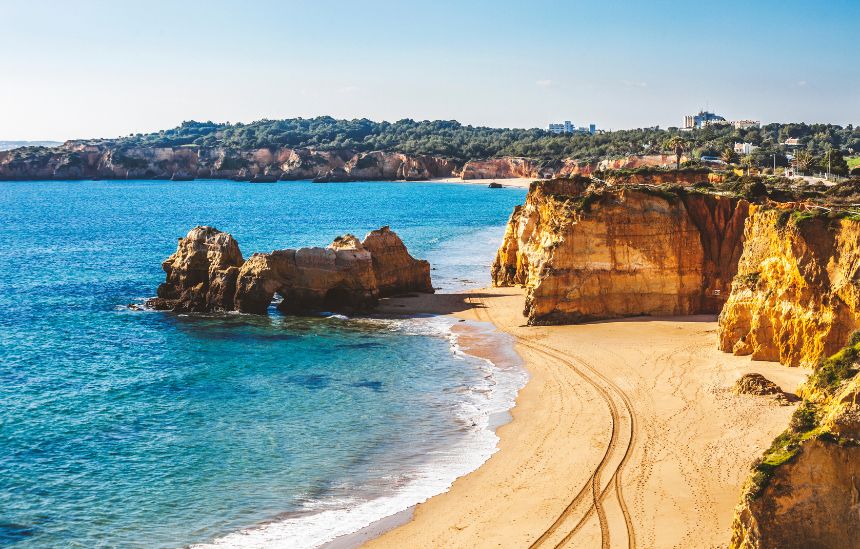- The future Algarve desalination plant is expected to be built by the end of 2026.
- The public tender represents an investment of 107,9 million euros, aimed at the resilience of the public supply in the region.
The consortium formed by GS Inima and Aquapor won the public tender for the design, construction and operation of the Algarve desalination plant. The infrastructure, which will be completed in 2026, will use a reverse osmosis desalination system and will initially have the capacity to produce 16 million m³ of drinking water, with a forecast to reach 24 million m³.
“We are very honored and proud to be part of this country project that will contribute to the Algarve Regional Water Efficiency Plan – Promoting sea desalination, within the framework of Portugal’s Recovery and Resilience Plan (PRR) Component. This award is a proof of our experience and commitment to offer sustainable and high quality water solutions worldwide, reinforcing our position in the desalination sector and solving the decrease in annual rainfall, ensuring the resilience of the public supply to the population of the region.” Marta Verde, CEO, GS Inima.
“This is a very important project for our country, so we are very proud that Aquapor can contribute to the implementation of effective and innovative solutions for better preservation of water resources.” António Cunha, CEO, Aquapor.
The announcement was made by Águas do Algarve, a public entity whose mission is to guarantee water supply for human consumption and wastewater treatment in accordance with the highest standards of quality and reliability, on National Water Day, underlining that “the Algarve region has suffered, in recent years, cycles of prolonged drought associated with a water shortage situation that is already considered structural, resulting in a decrease in the volumes of water stored in the various available sources, a situation that is being monitored by the Portuguese Environment Agency (APA), Águas de Portugal (AdP) and Águas do Algarve (AdA)”.
Therefore, “to minimize this situation, various studies point to the use of seawater desalination as one of the possible structural measures to strengthen water production capacity. This option is part of a set of measures that also correspond to a strategic need linked to the availability and reserves of water in the region, as identified in the Regional Water Efficiency Plan of the Algarve Region”, underlines the AdA.

